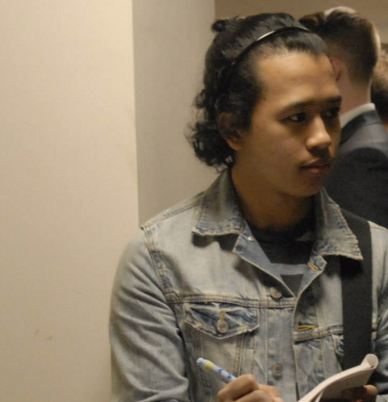The U.S. has announced plans to ease diplomatic relations with Cuba after more than 50 years of placing the embargo.
“We are taking steps to increase travel, commerce and the flow of information to and from Cuba,” said President Barack Obama in a statement on Cuba policy changes. “This is fundamentally about freedom and openness and also expresses my belief in the power of people to people engagement.”
This move to ease relations has been seen as a way to get rid of an outdated approach that has been around since 1961. Ten presidents have been in power since then, and there has been no progress on the Island toward a democracy, nor has it been an effective approach, as described by Obama.
The Senate has also been trying to push for a lift of all travel restrictions from the United States to Cuba. USA TODAY reported that a bipartisan group of senators are introducing the bill.
“Americans simply ought to have the right to travel wherever they want to unless there’s a compelling national security reason,” Sen. Jeff Flake, R-Arizona, said to USA Today.
According to The AP, the U.S. and Cuba closed two days of historic talks which saw some progress in diplomatic relations between the two countries. But there is still some differences over the role of human rights.

However, according to The AP, there are discrepancies whether there were talks about human rights. Roberta Jacobson, the most senior official to visit the country in more than 30 years, said the U.S. raised the issue in the morning but Josefina Vidal, Cuba’s top diplomat with the U.S., said there was no mention of it.
Also reported by The AP, Gustavo Machin, deputy chief of North American Affairs for Cuba, said the delegations talked about U.S. human rights problems, like Michael Brown in Ferguson and Eric Garner in New York, in the afternoon session. They also complained about the detention of prisoners in Guantanamo Bay.
Judge Isaac Borenstein, a visiting professor at the Suffolk Law School and someone who calls Havana as his hometown, mentioned that when he and some law students travelled to Cuba in January, they were well received during the trip, and that locals were welcoming to the law students.
“They have a different system,” said Borenstein. “Do people go about their business like we do? Yes, on a day-to-day basis. Except for being a different culture, I didn’t notice harsher conditions for Cubans.”
There has also been a demand from Cuban President Raul Castro to return Guantanamo Bay and a complete lift of the trade embargo.
However, Borenstein feels that the nature of Guantanamo will not be a deal breaker for the negotiations.
“It hasn’t killed the negotiations. From a Cuban perspective, I can see that they’re a sovereign nation and don’t want an American base there … I could see, working that issue out we work out a relationship that ensures a relationship,” said Borenstein. ”I don’t see it as a deal breaker. Guantanamo, it’s more symbolic now, we don’t need one as opposed to 50 years ago, I don’t think it’s as huge an issue as people think.”







